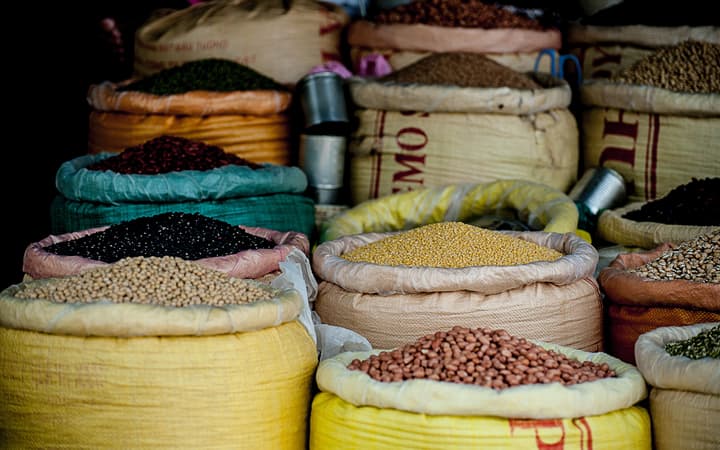Shedding light on the EU protected food name register

There has been much coverage in the press and on social media recently about the impact of Brexit on the protection of the names of food and drink products under EU law where they are made in an area and/or way which is recognised by the EU. Here we explain more about protected names.
Terms such as Champagne, Melton Mowbray and Mozzarella can only be used on sparkling wine, pork pies and cheese respectively if the product originates, is processed and/or prepared in a specific area or way. Although it can take up to four years to have a term approved by the EU in their lengthy registration process, once obtained, it protects the livelihood of specialist, regional, artisan food and drink producers by guaranteeing authenticity and preventing fake imitations.
Currently 86 products of UK origin are protected, with annual sales estimated to be worth over £1 billion. Another 15, including Devon cider, Dundee cake and Anglesey sea salt are under consideration. Throughout the EU as a whole there are over three thousand protected names and, by virtue of bi-lateral agreements, non-EU countries have had 30 terms recognised and given protection.
The organisation that has protected the name does not control who can use it. In this way, although related to trade mark protection, protected food and drinks names are more like a certification marks because, provided a product fulfils the relevant criteria, the producer can apply the protected name. This was highlighted in a recent case which the French committee of Champagne producers brought against Aldi for its use of champagne as a flavour of sorbet. It was decided that the use was allowed since genuine champagne was used as an ingredient.
Protected names are divided into three categories:
- Protected Designation of Origin (PDO)
- Protected Geographical Indication (PGI)
- Traditional Speciality Guaranteed (TSG)
PDOs are produced, processed AND prepared in one distinct area. Examples of PDOs are Champagne, Stilton blue cheese, Yorkshire forced rhubarb, Prosciutto di Parma, Chianti Classico, Brie de Meaux, Jersey Royal potatoes and Feta cheese.
PGIs are produced, processed OR prepared in one distinct area. Well-known PGIs are Melton Mowbray pork pie, Pate de Campagne Breton, Gruyere, Prosciutto Amatriciano, Aceto Balsamico di Modeno and Clare Island Salmon.
TSGs protect products that are made using a TRADITIONAL method of production, processing or composition. TSGs are a smaller category and include produce such as Traditionally Farmed Gloucester Old Spots pork, Pizza Napoletana and Mozzarella cheese
It is not clear what will happen to protected names post-Brexit. In a recent report from the BBC,one of the unresolved issues of Brexit is identified as ‘intellectual property’ but this refers solely to the handling of geographical indications. Further discussion also took place in The Times recently.
Specialist regional products are extremely important to the British economy and this is likely to increase if we leave the EU. Global UK exports of cheese alone rose 23% to £604m in 2017. Consequently, interested parties are keen to have their say. Representatives from the National Farmers Union and the Agriculture & Horticulture Development Board have made appeals to the government to give early consideration to a possible replacement scheme and individual bi-lateral agreements with other countries. Given that much of South East England’s climate and soil conditions match those of the Champagne region, could we see an English PDO for Champagne? Could we also see British produced Feta and Halloumi on sale? And what would then become of the Melton Mowbray pie in the hands of continental Europe?
Some of these options may seem attractive, but care must be taken not to fall foul of the law of passing-off.
If you believe that you have a term for food or drink that warrants protected status, we can advise on what steps to take to start the process. If protected status is not appropriate, we can advise on what different protection you can obtain for the various elements of your brand. To discuss further, please contact us.






